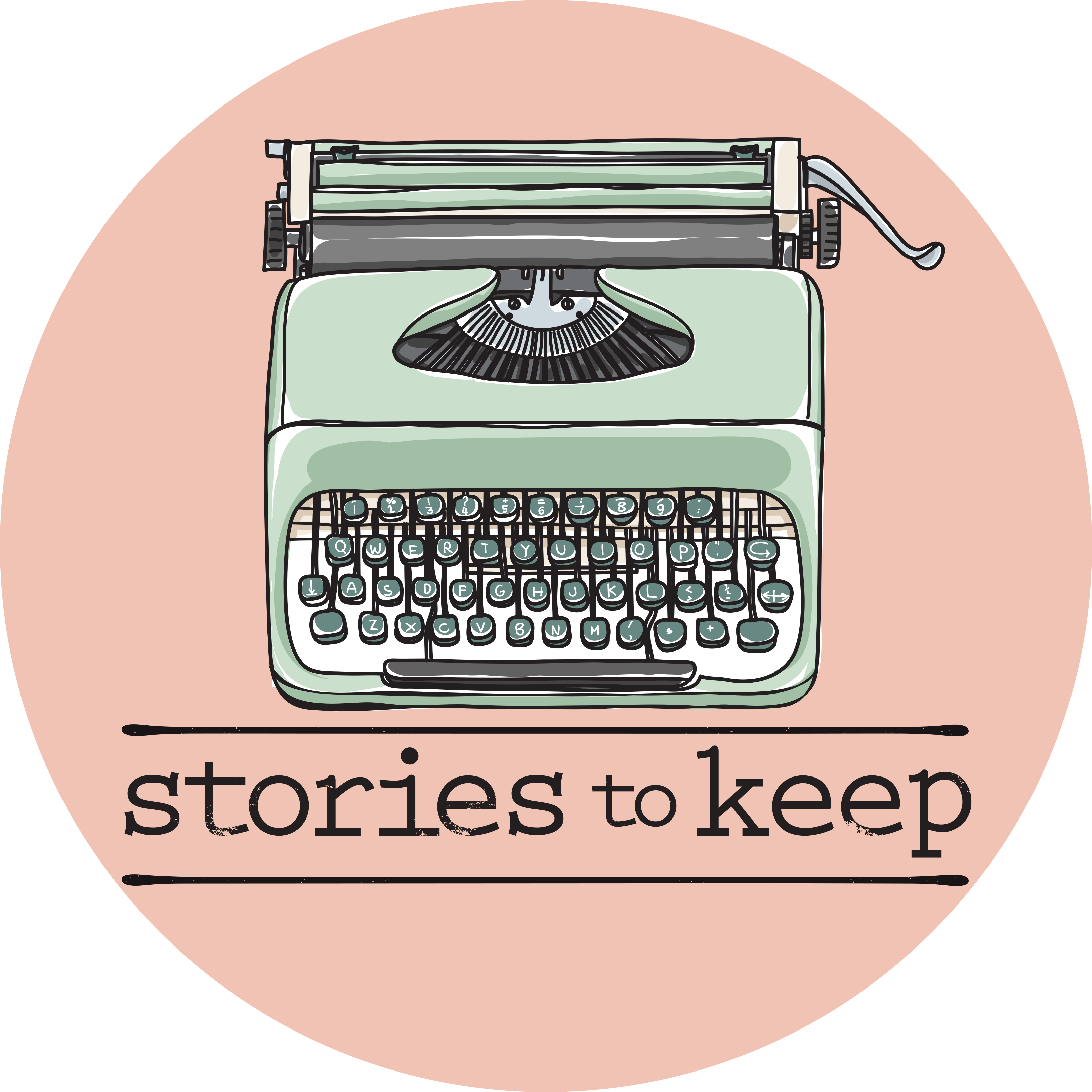
It is something we do all day, but it is rare to understand why we tell stories.
Even if we aren’t professionals at it, most of us do it subconsciously without even considering what we are trying to achieve.
Dinosaurs And The Digital Age
In 2017, I left The Age.
I didn’t leave The Age because I was a dinosaur from the print age, who didn’t know how to adapt to the digital era. Actually, I found digital news reporting presented new and exciting challenges. It was like a new sheriff pushing everyone around in town.
If the internet had not arrived when it did, I might have left reporting much earlier. Web reporting gave reporters a new ace in their notebook. They could argue that READERS wanted the story because they were clicking on it. You could argue with a news editor to let something fly for a bit to see how it went and you would know instantly if you were wrong or right.
Some readers lament that young reporters coming through the ranks don’t have the same writing calibre as the late, great Michael Gordon or they don’t have the wit of Tim Colebatch in economics writing. Both were young reporters once, but they had the luxury of time to grow into their reporting.
Maturing on our screens
Now young reporters must cut their teeth while we watch from our screens. They must be fast, pithy and engaging to please their impatient information-seeking readers.
Young reporters are a breath of fresh air. Breathing life into stories we once thought too boring or worthy to publish. They will develop and grow. Often, I feel like young reporters are like child stars. When we first notice them, they are young and cute, then they go a bit pimply and dorky in the middle, later they emerge all mature and worldly. We imagine how they got that way.
I did not leave because I had no faith that newspapers and digital news would not survive. Their demise is frequently reported, and yet, there are still rusted on subscribers. I continue to be one of them.
Expressing Melbourne
On the face of it, I was doing everything that was required of a digital age journalist. I was working largely online, filing stories from crime scenes, writing colour stories from cars on my way back to the office, and managing a live news blog, Melbourne Express.
That blog was the only regular news blog in the world at the time. It was at the cutting edge of what news journalism could look like. Snippets of news, told as we learnt about it.
Melbourne Express had a deadline every three to five minutes to keep the content fresh. I would sometimes get calls from overseas journalists seeking to interview me about how it worked and how I got my content.
Melbourne Express was not for everyone. Journalism is a bit like making sausages – not everyone wants to watch the process, but the end product can be satisfying and tasty.
Giving readers what they want
The content was information that commuters and workers could use when they woke up, to get them to work and give them an overview of what they ought to know heading in.
It fulfilled the basic reader desires, to know information that is useful to them, keeps them safe, makes them laugh or simply makes them wonder at the world.
Express could be fun. A column is fun. You could see something that tickled your fancy – like the outrageous price of avocados. Once I was on a break down the Mornington Peninsula, and I thought the avo price was gob-smacking. After a few posts about the price, Melbourne’s breakfast scene and breakfast radio were in a spin. Instagram no doubt crashed over its sourdough toast posts.
In many ways Express was morning radio for readers.
Breaking New Ground And Connecting To Readers
Express encouraged interaction with readers, which was one of its finest attributes. That connection is what made it special and led to comparisons with radio. Radio station 3AW morning crews will tell you the most valuable asset they have is their callers.
One of the tricky aspects of working for a “worthy” newspaper is that readers often feel too shy to tell you what they know. They assume you already know. (You must be pretty smart to work at The Age!) I often told people journalists did not have an antenna on their heads, somebody needed to say something.
Citizen journalism
Express readers knew when I didn’t know exactly what was going on, because I told them I only knew part of the story. If they knew something I did not know, it was easy for them to message me and fill me in. That knowledge gap made them feel closer to the story. They knew they were telling me something I did not know.
People would snap a picture of a derailed tram, snarling traffic jam or nasty smash and grab and either email or tweet it to me. They were part of the process, they were connected to the news and I was connected to them through the live blog and story telling.
It could be pretty exciting and groundbreaking for readers and for journalism.
They would also tell you if there was a typo, which most people were fairly kind about. It was a tough gig and a quick scan of Facebook and Twitter will tell you many people find it hard to write on the fly. Fast typing fingers were sometimes at the expense of spelling.
It wasn’t all pithy travel, weather and police stories either.
The Essendon Airport disaster news story broke in that blog. Awful as it was, that event proved to me that people had a thirst for the latest information. There were more than five reporters feeding into the blog while I steered the ship, so to speak. From a digital reporting perspective it was everything a reporter could want – a big story with reporters and the public providing content to connect everyone to the news.
It also provided news avenues to pursue for days to come that other news outlets missed.
What Melbourne Express Was Not
Express, while thrilling at times, was not always that fulfilling for a writer. The optimum post was about three paragraphs. Sometimes it could be as little as three words.
Condensing information into three paragraphs, when many journalists struggle to pare down their words to 400 words, is like being on a permanent diet.
Also while I felt a connection with Melbourne Express readers, it felt like having 60,000 Facebook friends. You cannot really get to know 60,000 people, even superficially. You know they might be having a tough commute this morning because of the rain or train delays, but that is not a real connection.
Ultimately, I missed getting to know my community better. Meeting interesting people and writing about them in person.
And here it is, why we tell stories. By me telling this story, you understand a bit more about me. I’m seeking a connection with you, dear reader.
Story Telling Is Why I Left The Age.
Throughout my career, I met many marvelous people who had amazing stories to tell. Sometimes I met them at the lowest point of their lives. Their story was interesting for that day’s news cycle, but their backstory – which we rarely had room for – was astounding, heart-lifting, searing and even hilarious.
There were times when they told me aspects of their story that they were too embarrassed, shy or private to share. They wanted to tell the story, but they just didn’t want to share it with everyone.
Sometimes those stories were the ones I wanted to the most. Alas.
When I worked in suburban newspapers for Fairfax, I worked hard to find a way to swing back and get that second story. Find an anniversary or special event to tie their story to, to give it a news hook.
Why the second bite of the cherry did not satisfy
I used to have an editor who was a big fan of a “second bite of the cherry” where you could get two stories out of one interview. The problem was that second bite was rarely more than a 60-centimetre story. That just was not going to cover the breadth of the story, nor the personality of the person telling it. Those stories needed some space to breathe, time to develop.
For the relative of the person the story is about, it is a bit like having one square of chocolate when you know there is so much more in the cupboard. You just want more.
It is a privilege to spend time getting to know people and write their story.
More people should have their story recorded for their families to keep and share with generations to come. A life should be celebrated like it has made it to the pages of one of the great newspapers of the world, with headlines, captions and photographs.
And what a joy for the writer to do that in 12,000 words rather than 200.

